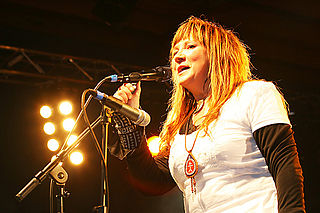A Quote by Gene Luen Yang
During the Cultural Revolution, the communists came in, and what they wanted to do was eradicate all sense of traditional Chinese culture.
Quote Topics
Related Quotes
Taken as a whole, the Chinese revolutionary movement led by the Communist Party embraces the two stages, i.e., the democratic and the socialist revolutions, which are two essentially different revolutionary processes, and the second process can be carried through only after the first has been completed. The democratic revolution is the necessary preparation for the socialist revolution, and the socialist revolution is the inevitable sequel to the democratic revolution. The ultimate aim for which all communists strive is to bring about a socialist and communist society.
First of all, it is clear that our efforts in Korea can blunt the will of the Chinese Communists to continue the struggle. The United Nations forces have put up a tremendous fight in Korea and have inflicted very heavy casualties on the enemy. Our forces are stronger now than they have been before. These are plain facts which may discourage the Chinese Communists from continuing their attack.
How is Marxist-Leninist theory to be linked with the practice of the Chinese revolution? To use a common expression, it is by "shooting the arrow at the target". As the arrow is to the target, so is Marxism-Leninism to the Chinese revolution. Some comrades, however, are "shooting without a target", shooting at random, and such people are liable to harm the revolution.
I think I realised, at teachers' training school, that I felt that the culture that I came from, the Sámi culture, was not good enough, so I wanted to be Norwegian or European, I wanted to forget the culture. And then this music started to... in a way I had to ask myself "why is this, and what does all this come from?
'Station to Station' came out of a sense of urgency - a sense that culture, be it art, film or architecture, has become so compartmentalised. For this project, we wanted to break that and create a language that is more nomadic and less materialistic and really empowering for the creators and the audience.
Chairman Mao creatively applied Marxism-Leninism to every aspect of the Chinese revolution, and he had creative views on philosophy, political science, military science, literature and art, and so on. Unfortunately, in the evening of his life, particularly during the "Cultural Revolution", he made mistakes - and they were not minor ones - which brought many misfortunes upon our Party, our state and our people.





































